Just like humans, pets need a home where they feel warmth and closeness. Moreover, this is also a way for them to feel the love and care of their owners. But do your pets need a cage? Read on to find out.
1 Why Buy a Dog House?
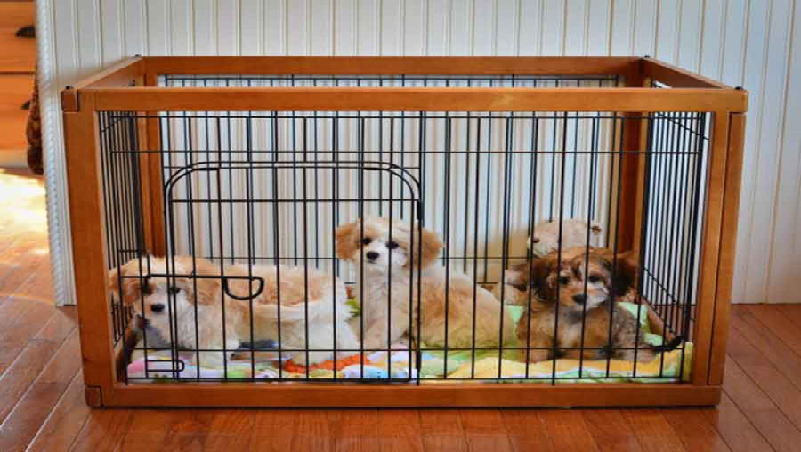 Get your furry friend a cage to help your family take better care of it.
Get your furry friend a cage to help your family take better care of it.
First of all, dogs need a house, a good kennel to live, rest, and form a routine.
It is in this home that they will feel warmth and closeness to their owners. It will also help them feel loved, active, agile, prevent obesity, and foster loyalty.
Getting a cage for your dog can be especially helpful for families without a yard.
2 Tips for Buying a Dog House
Many people think that buying a dog house is simple, but there are certain principles to follow when choosing a home for your furry friend.
Choose a Dog House Based on Material
Stainless Steel
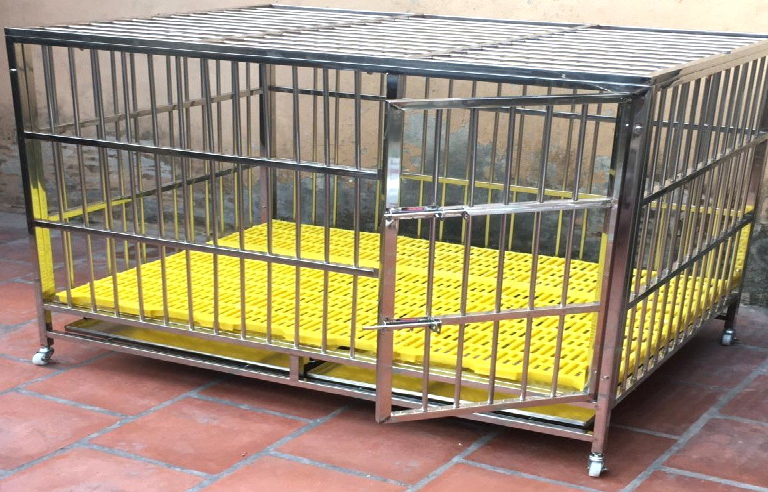 Stainless steel dog cage
Stainless steel dog cage
This is probably the most popular choice among families. Stainless steel cages are sturdy, rust-resistant, and long-lasting.
Another advantage is the flexibility in terms of size, design, and aesthetics.
Wood
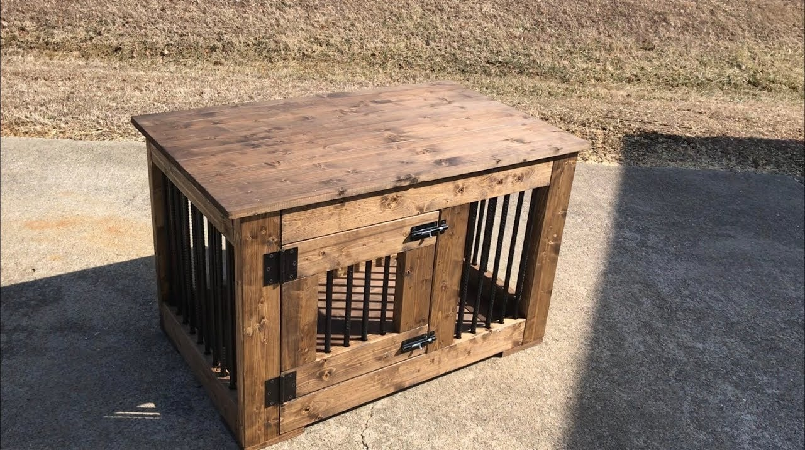 Wooden dog cage
Wooden dog cage
Wooden cages are aesthetically pleasing and resemble a miniature house.
Although wooden cages used to be popular, they are now less common due to their high cost and difficulty in maintaining hygiene.
Plastic
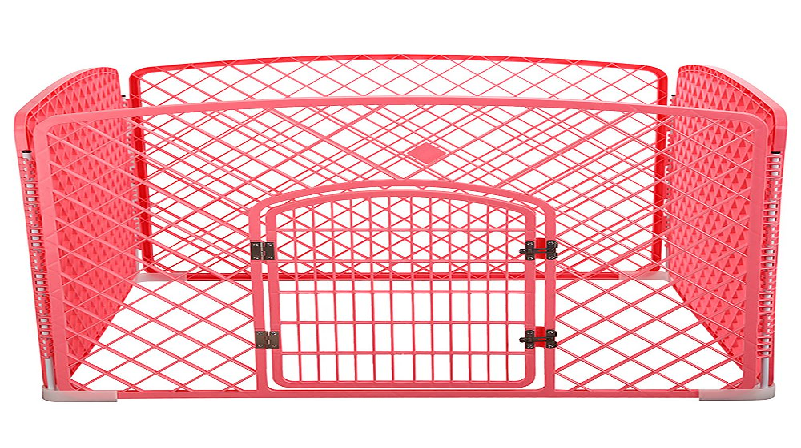 Plastic dog cage
Plastic dog cage
Plastic cages are also an option, offering durability and longevity.
However, they are only suitable for small or medium-sized dogs.
Powder-coated Steel
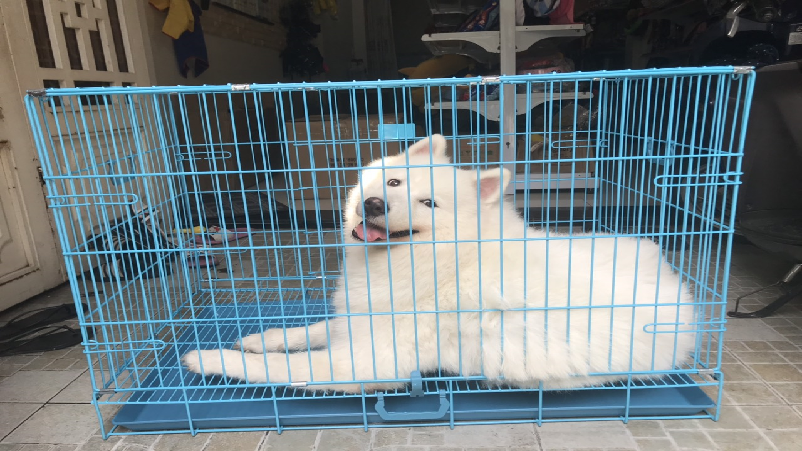 Powder-coated steel dog cage
Powder-coated steel dog cage
Powder-coated steel cages offer aesthetic appeal, ease of cleaning, and resistance to corrosion. They are also affordable.
Choose a Dog House Based on Size
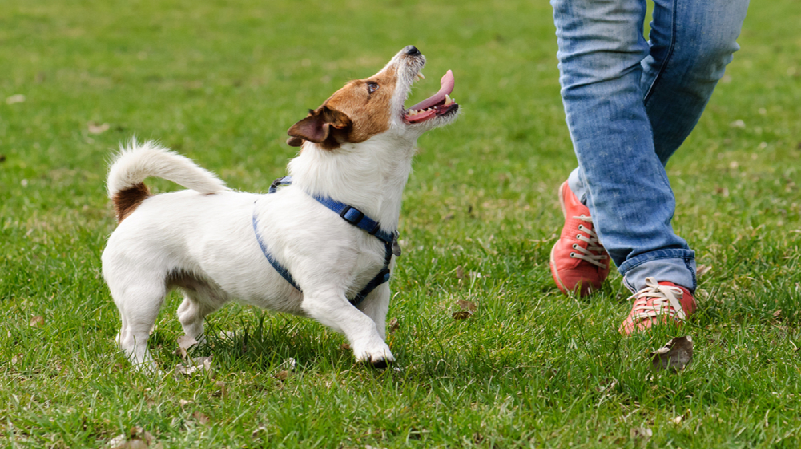 Choose a dog house that is the right size for your pet.
Choose a dog house that is the right size for your pet.
Size is just as important as material. We should choose a cage that is spacious enough for our dog to move around and rest comfortably.
Avoid cages that are too small, as they may make your dog feel confined and uncomfortable.
3 Things to Note When Buying a Dog House
 Keep these things in mind when buying a dog house.
Keep these things in mind when buying a dog house.
Regularly clean the cage to prevent the spread of diseases.
Do not confine a sick dog with a healthy one.
If housing multiple dogs, observe their interactions to prevent fights and injuries.
Do not leave your dog in the cage for extended periods, as it may feel abandoned.
Keep male and female dogs separate during the breeding season.
With these tips in mind, we hope you find the perfect home for your furry friend.




































